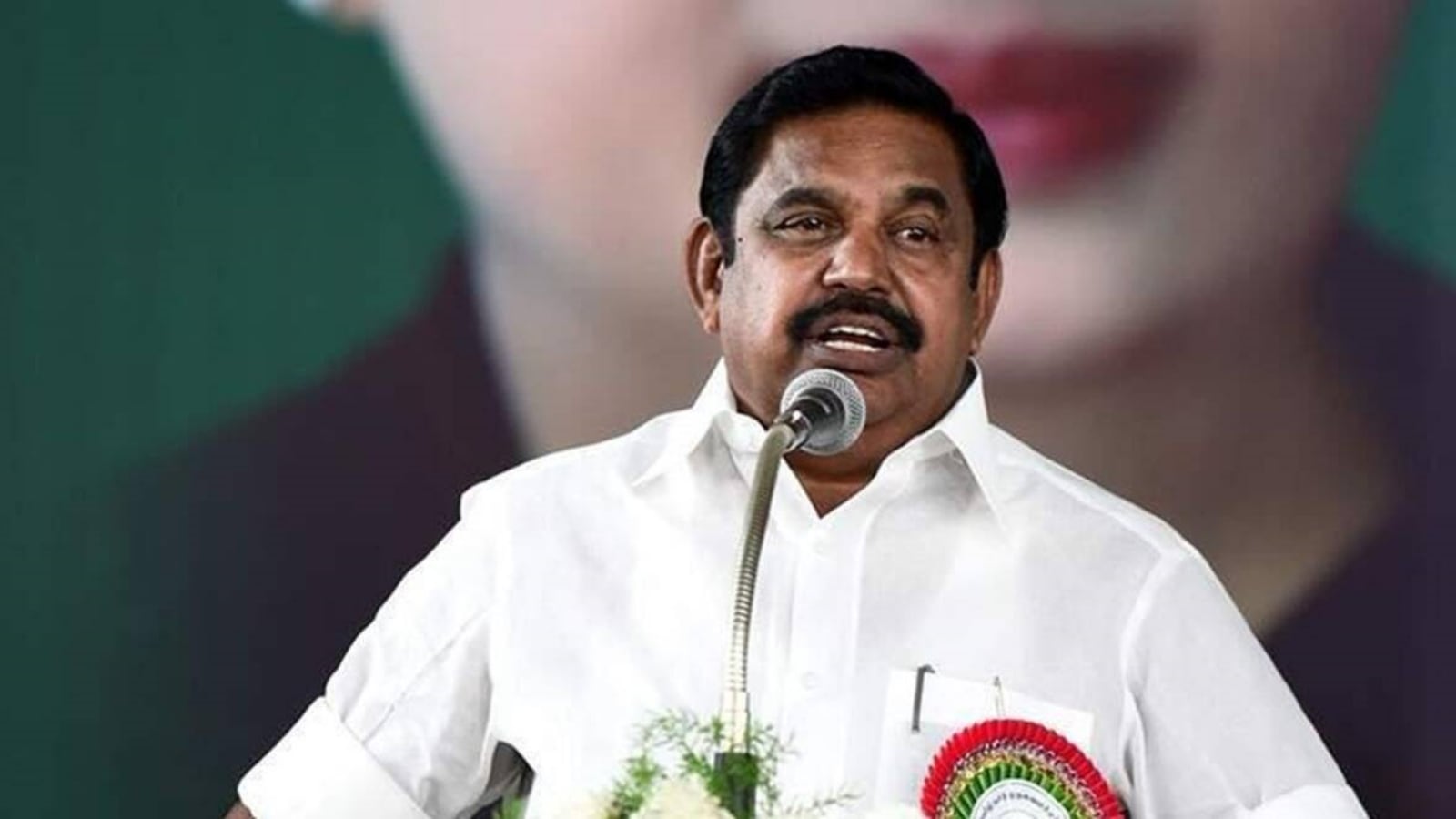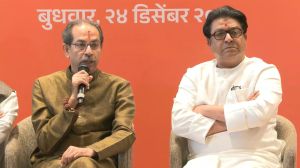In a move marking another internal rupture in a party that saw a bitter succession battle in 2017, AIADMK general secretary Edappadi K Palaniswami on Friday expelled senior leader K A Sengottaiyan from primary membership of the party.
The expulsion, long anticipated but internally deferred, came a day after the former education minister shared the stage with previously expelled leaders V K Sasikala, O Panneerselvam, and TTV Dhinakaran at the Thevar Jayanthi event in Tamil Nadu’s Ramanathapuram.

At the event, the leadership of Palaniswami, popularly known as EPS, was publicly challenged along with the party’s claim to exclusivity over the legacy of former chief ministers M G Ramachandran (MGR) and J Jayalalithaa.
In a formal statement, EPS said Sengottaiyan had acted in a “manner detrimental to the unity, integrity, and discipline” of the AIADMK, and accused him of “engaging with expelled persons” and “participating in actions that tarnished the party’s reputation.”
“No one is above the party and its ideology,” EPS said. “AIADMK members should have no truck with those expelled. Any violation of these principles will attract strict action.”
With this, Sengottaiyan — one of the AIADMK’s most senior figures, a four-time minister, and long-time organisational pillar — ceases to hold any post in the party.
Friday’s action caps months of deteriorating ties between EPS and Sengottaiyan. In September, the veteran MLA issued a 10-day ultimatum to the leadership, demanding internal changes and hinting at dissent. He also met BJP leaders in Delhi around the same time.
Story continues below this ad
Despite his seniority, Sengottaiyan’s influence had narrowed largely to his home district — Erode — with little statewide organisational pull. His 10-day ultimatum in September drew scant response inside the AIADMK, underscoring his diminished relevance. For many in the party, it was a symbolic gesture rather than a threat.
Containment strategy
EPS initially chose a containment strategy, ignoring the warnings rather than imposing immediate disciplinary action. Party insiders said at the time that EPS weighed Sengottaiyan’s seniority and long association with Jayalalithaa. Politically, the AIADMK leadership was sure that the veteran’s influence had shrunk to his home district, and expelling him might lend unnecessary heft to a rebellion viewed internally as limited in scope.
There was also a quiet acknowledgement in the party that certain RSS-aligned elements and a Union minister from Tamil Nadu had signalled support for Sengottaiyan, complicating any immediate punitive decision. EPS, who has repeatedly asserted his opposition to both the DMK and BJP, was seen until now to be steadying the ship through silence and attrition rather than confrontation.
“He was not going to be given a ticket anyway… We will simply move ahead without space for such voices,” a senior AIADMK leader had said privately in September.
The Sasikala-OPS-Dhinakaran front
Story continues below this ad
That calculus shifted abruptly on Thursday with his appearance alongside party rebels who, at one point or another, have attacked the leadership. At the 118th birth anniversary commemoration of Pasumpon Muthuramalinga Thevar, Sengottaiyan appeared alongside Sasikala, Panneerselvam, and Dhinakaran — once the three most powerful names shaping the AIADMK orbit outside EPS.
They paid respects at the Thevar memorial and issued a joint pledge — to “end the DMK regime” and “restore Amma’s governance”.
Dhinakaran, the general secretary of the Amma Makkal Munnetra Kazhagam, said their opposition was not to the AIADMK “movement”, but to EPS personally. “Our only adversary is Edappadi K Palaniswami,” he said, adding, “The DMK is our true rival.” Panneerselvam, known as OPS, and Sengottaiyan stood in agreement.
In Madurai, EPS responded by calling the trio “traitors” who are responsible for the AIADMK’s loss of power. He accused them of acting as the “B-team of the DMK”, and warned that those deviating from the party’s command would face consequences.
Story continues below this ad
Sengottaiyan’s expulsion is also the clearest signal that EPS, who consolidated control after ousting OPS in 2022, will tolerate no parallel claimants to the party’s lineage — neither from within nor from expelled factions.
For the Sasikala-OPS-Dhinakaran front, the image of unity offers optics ahead of the 2026 Assembly election, even if their organisational strength and cadre loyalty remain weak. For EPS, the removal of a party elder brings clarity to his leadership narrative.









